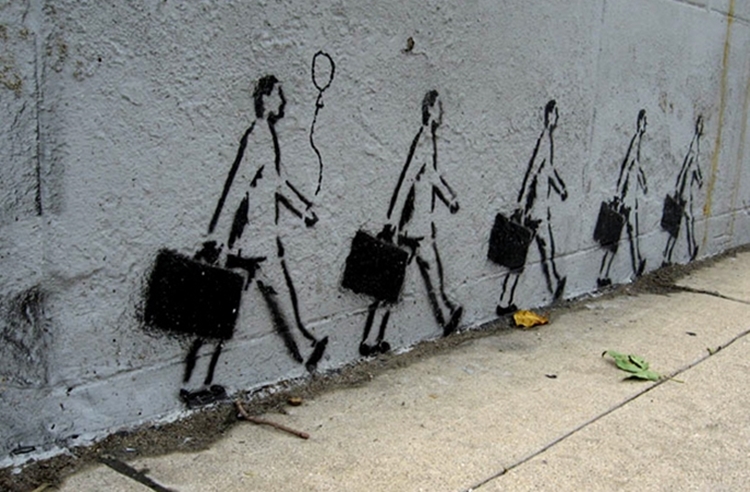The year 2021 brought to light what is otherwise invisible and unappreciated in normal times. Business people were unexpectedly commended for the growth of GDP. But what was the actual cost of growing it?
The past year highlighted – more than ever – the unique role and mission of the entrepreneur. Harnessing scarce resources for maximizing the benefits to society was extremely onerous. Resources were lacking and getting expensive. Entrepreneurs struggled to find raw materials and workers. Many employees, especially managers, shared the same challenges.
The past year brought to the fore the pivotal responsibility of businesspeople for decisions the outcomes of which will only come out in the future. Resources have to be procured and paid for today, even though the consumers will only pass their final verdict tomorrow on whether the increase in costs was justifiable at all.
The entrepreneur is constantly on the alert – monitoring the situation, comparing alternatives, and assessing the trends. Is it still worth paying the soaring prices for each of the thousand components that they need? Which business partners should receive their supplies, and which should be bumped off?
Is it time to replace an expensive raw material with another one? When to stop production and when to invest in a new technology line? We can go on and on asking similar questions, but the correct answers lie in the future. We can weave multiple combinations of answers which will determine the outcomes of business activity. However, decisions must be made today.
All decisions and responsibilities of the entrepreneurs are geared towards a future that is not there yet. That is why entrepreneurs have to constantly be on the lookout, they have to penetrate into what is not visible, make a judgment, and their best bet.
In Latin, all of this refers to a very familiar and yet low-regarded term specularis, from which the verb to speculate originates. When we make predictions about the future, we weigh things up and speculate. We map our decisions against one or another perspective.
Doing so is uneasy and insecure. Not everyone likes to do it. For the entrepreneur, however, this burden is constant, day in, day out.
Looking down the horizon, everything is done to make the most favorable scenario a reality. However, the past year revealed that wealth creation depends on the ability to keep watch and this ability is nurtured by the responsibility that people take on.
Prosperity is not determined by the cost of production, expensive raw materials, or the number of working hours. Last year, more than ever, we saw that costs could be very different from the end price, which meant that acting without weighing up the changing circumstances could be disastrous.
Over this past year, everyone in a company could see how important it was for the whole team to make sure that every decision would lead to the best possible future scenario and outcome. Marketing, human resource management, procurement – all decisions that are made today will determine what the future will bring.
A critic might say ‘But business people make mistakes and it does not always work out well.’ Yes, they do, and no, it does not always play out well. But these people pay for the mistakes they make. And being so tightly linked to the expected results, they learn to be thoughtful about the future and learn from their mistakes. That dependency on the future and that binding tie of responsibility are built into the very essence of human beings by nature itself.
When we realize this, it becomes clear why people in the private sector are genuinely astonished that legislators have to constantly be prompted and urged to assess the impact of their regulatory initiatives.
Those who are used to constantly weighing up the results of every step they take have this nagging, million-dollar question: What are we lacking to have the same sort of unquestionable and irrevocable responsibility in government?
This op-ed was originally published in vz.lt
Continue exploring:
Universal Basic Income or Modern Repetition of Communist System
Digital Market Act: Competition, Property, Innovation, User Interests [PUBLICATION]



